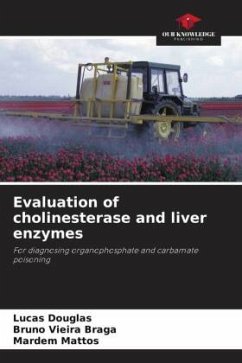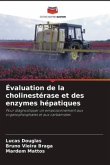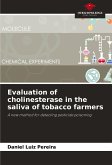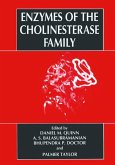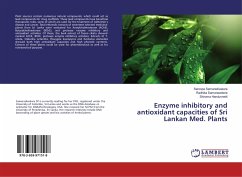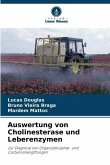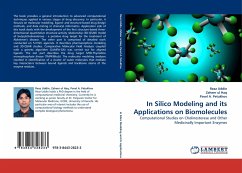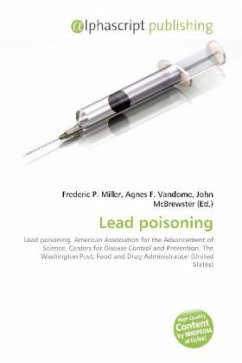Pesticides are among the main tools used in Brazilian agriculture today. Among the regions of Minas Gerais, the Alto Paranaíba region stands out due to its climate, relief and soil conditions, becoming a major producer and exporter of soya, wheat, maize, beans, coffee, potatoes, carrots, onions, garlic and avocados. The irregular and indiscriminate use of pesticides is associated with acute and chronic poisoning. The measurement of biomarkers such as plasma cholinesterase are significant parameters for diagnosing cases of exposure, especially acute exposure. The aim of this study was to assess liver biomarkers (TGO, TGP, GGT and Alkaline Phosphatase) and plasma cholinesterase in workers from the municipalities of São Gotardo, Matutina, Ibiá and Rio Paranaíba in the Alto Paranaíba region. The methodology was divided into the application of a socio-epidemiological questionnaire and the collection of biological material for biochemical analyses from 80 agricultural workers exposed to organophosphates and carbamates, subdivided into 20 workers from each of the four regions and 20 workers not exposed to these products.
Bitte wählen Sie Ihr Anliegen aus.
Rechnungen
Retourenschein anfordern
Bestellstatus
Storno

